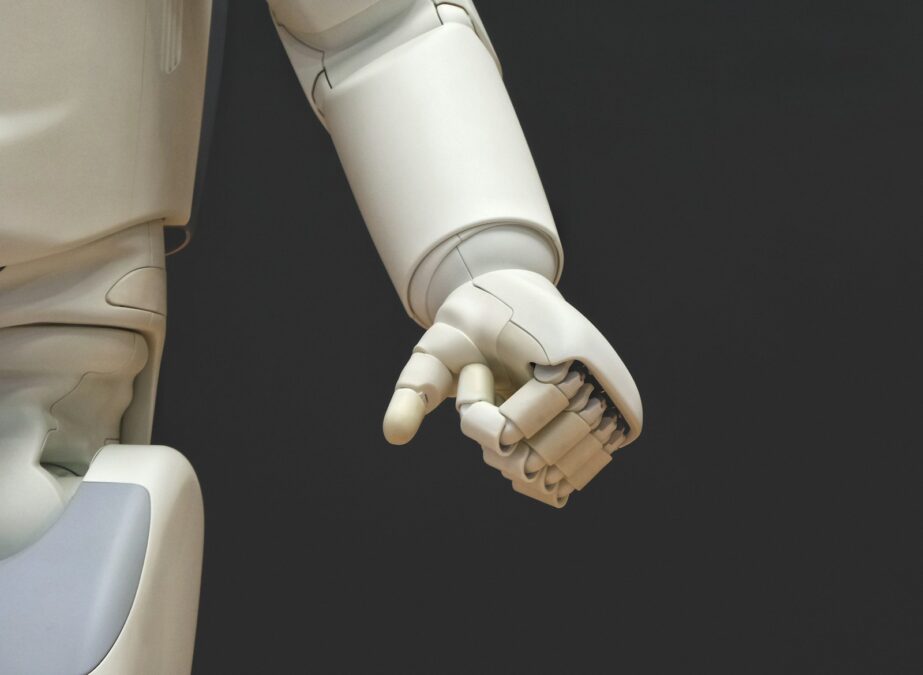Integrating the Digital and Physical Worlds for Urban Innovation
Introduction to Cyber-Physical Systems
Cyber-Physical Systems (CPS) in Smart Cities are pioneering innovations that blend digital and physical processes to revolutionize urban environments. In leading cities like Riyadh and Dubai, CPS integrate real-time monitoring systems with city infrastructure, facilitated by advancements in AI and IoT. These systems enable dynamic responses to urban living conditions, enhancing everything from traffic management to public safety and environmental monitoring, thereby elevating the standard of living and operational efficiency within these urban landscapes.
Enhancing Urban Infrastructure Through CPS
In the sophisticated urban settings of Dubai and Riyadh, CPS are being deployed to optimize infrastructure operations and maintenance. Sensors embedded throughout urban infrastructure transmit data to centralized AI systems that predict and react to potential issues in real-time. This can include automatic adjustments to traffic light sequences in response to traffic flow changes, or predictive maintenance on public utilities that minimize downtime and disruption. These applications not only improve efficiency but also significantly reduce costs associated with urban management.
Improving Public Safety with Real-Time Data
Cyber-Physical Systems enhance public safety by utilizing extensive sensor networks and AI-driven analytics to anticipate and mitigate potential hazards. For instance, in Riyadh, CPS equipped with machine learning algorithms analyze traffic patterns to predict and prevent congestion-related accidents before they occur. Similarly, in Dubai, environmental monitoring systems detect harmful levels of pollutants and automatically activate mitigation measures to protect public health. These proactive safety measures underscore the commitment of these cities to safeguarding their residents through advanced technology.
Integrating Blockchain for Enhanced Security in CPS
The integration of Blockchain technology plays a critical role in securing the data transactions involved in CPS. In Dubai and Riyadh, where digital security and data integrity are paramount, Blockchain provides a decentralized and tamper-proof framework for data management within Cyber-Physical Systems. This technology ensures that all data exchanged across urban networks is reliable and protected from cyber threats, creating a resilient infrastructure that supports safe and sustainable city growth.
Sustainable Development Driven by CPS
Cyber-Physical Systems are integral to achieving sustainable development goals in smart cities. By enabling more efficient resource management, CPS contribute to significant reductions in energy usage and waste production. For example, smart grids in Riyadh intelligently manage electricity distribution based on real-time demand and supply conditions, significantly lowering energy wastage. Similarly, water management systems in Dubai use sensors to detect leaks and automatically initiate repairs, preserving precious resources and reducing environmental impact.
Driving Economic Growth with CPS
Cyber-Physical Systems contribute significantly to economic growth in smart cities like Dubai and Riyadh by enhancing the efficiency and reliability of urban services. The automation and optimization capabilities of CPS allow for more streamlined city operations, reducing costs and improving service delivery. This economic efficiency attracts businesses and investors who value the stability and innovation that CPS bring to an urban environment. Additionally, CPS create new job opportunities in the tech sector as demand for skilled professionals to develop and maintain these advanced systems continues to rise.
Challenges and Solutions in CPS Implementation
While the benefits of Cyber-Physical Systems in smart cities are profound, their implementation comes with challenges. Issues such as data privacy, system security, and technological disparities can impede CPS deployment. To address these challenges, cities like Riyadh and Dubai are investing in robust cybersecurity measures and promoting digital literacy programs to ensure that all citizens can benefit from CPS. Furthermore, partnerships with tech companies are being strengthened to develop innovative solutions that are secure and equitable for everyone.
Enhancing Community Engagement Through CPS
Community engagement is critical for the success of Cyber-Physical Systems in any urban setting. In cities like Dubai and Riyadh, CPS are used not only for infrastructure management but also to enhance citizen interaction with the urban environment. Public portals and mobile apps integrated with CPS provide real-time updates about city services, event schedules, and transportation systems. These tools empower residents to participate actively in city life and provide feedback on urban issues, fostering a more connected and responsive community.
Future Directions: AI and IoT in CPS
Looking forward, the evolution of CPS in smart cities is closely tied to advancements in AI and IoT. These technologies will become more deeply intertwined, with AI’s predictive capabilities and IoT’s extensive sensor networks driving the next wave of urban innovation. Future CPS will likely be even more autonomous and capable of complex decision-making processes, facilitating more responsive and adaptable urban environments. As cities like Riyadh and Dubai continue to lead in technological adoption, their experiences provide valuable insights into the potential of these cutting-edge systems to transform urban life.
#CyberPhysicalSystems, #SmartCities, #DigitalTransformation, #Riyadh, #Dubai, #AI, #Blockchain, #UrbanPlanning, #SustainableDevelopment, #IoT, #TechnologyIntegration









